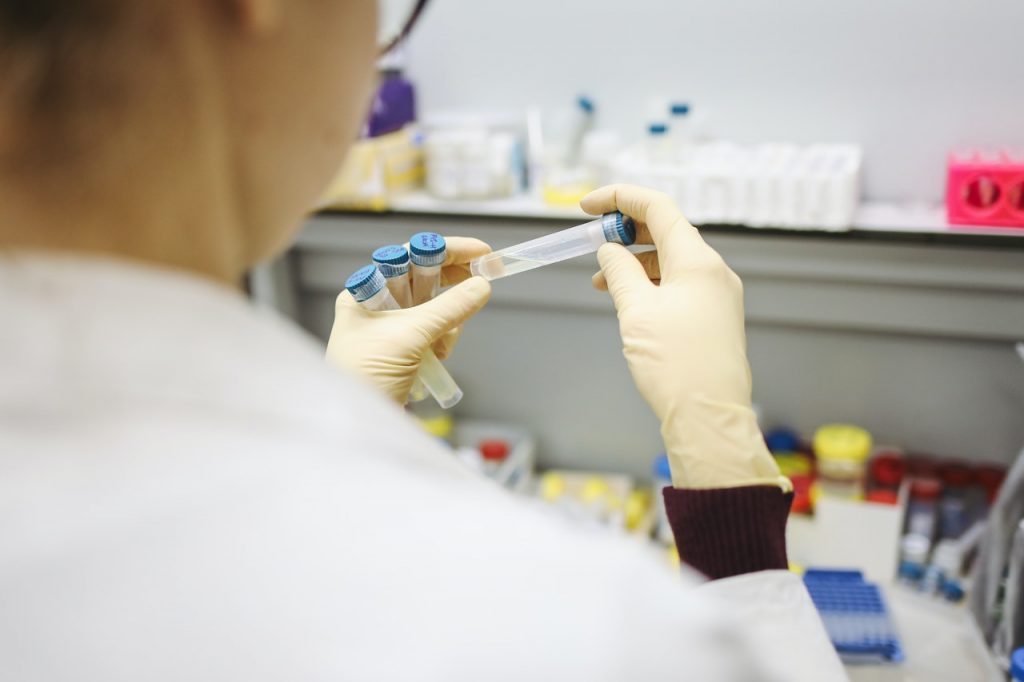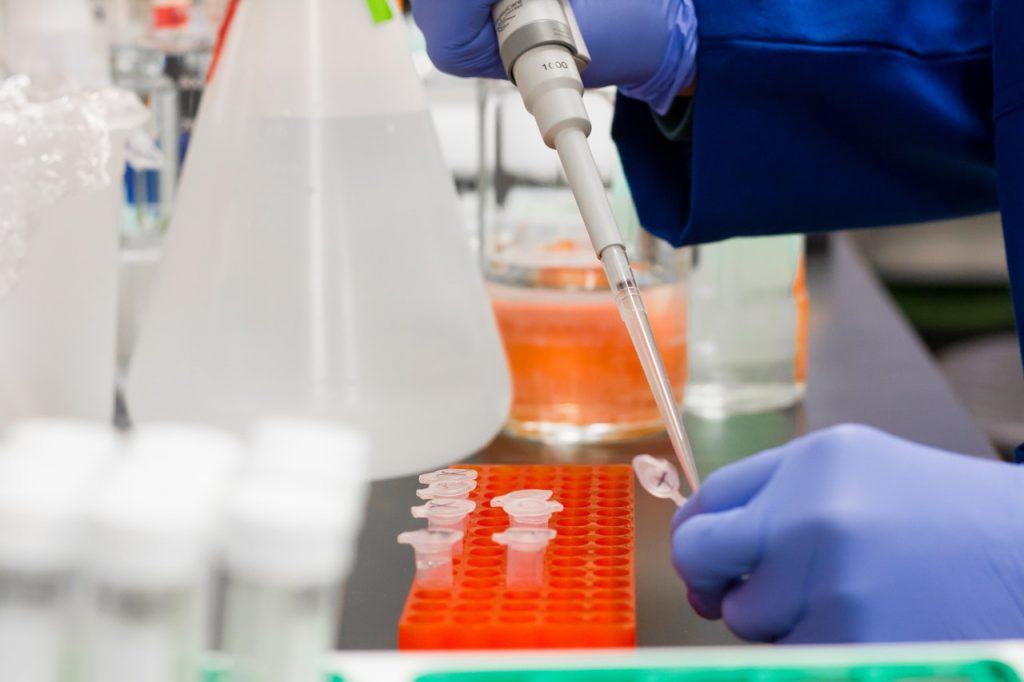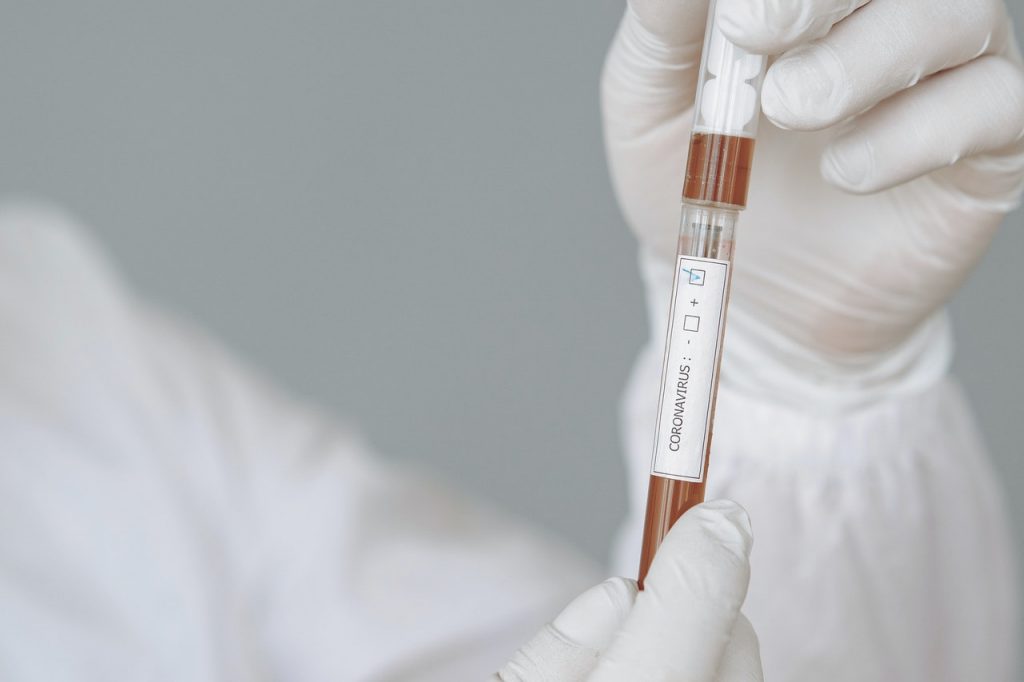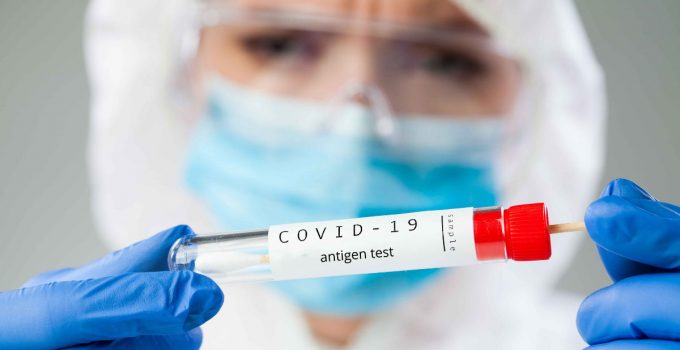Since the very beginning of the coronavirus pandemic, testing has been at the forefront of worldwide news and a continuous topic of conversation. We started off wondering when testing would be available to the masses and how it would work. Now we are wondering how long Covid testing will last and asking if the end is in sight, or will testing be part of our lives for years to come.
Though lateral flow tests are now readily available throughout the country and the Medicspot day 2 and 8 tests are there to make testing easier for international arrivals to the UK, many people are looking forward to a time when Covid testing becomes a thing of the past.
When to take a Covid test

Source: pexels.com
You are encouraged to get a Covid test if you have been in contact with someone who has tested positive for coronavirus or you are displaying symptoms, or if you have been asked to by a medical professional or NHS Track and Trace. You will also need to take a test if you have been asked to do so as part of mass testing in your local area, something that has ramped up with the discovery of new variants. As testing has become faster and simpler, a lot of professions also require frequent Covid testing from their staff. For example, many teachers and students are being encouraged to test themselves regularly to prevent schools from becoming Covid spreading hotspots.
Even those with no symptoms are now encouraged to take regular lateral flow tests in order to avoid asymptomatic cases infecting others in their community. Lateral flow tests aren’t the most accurate test available but are ideal for those who don’t think they have the virus. They are available to order for free in packs of 7 online or can be picked up from a pharmacy. Lateral flow tests are to be taken twice a week and the results (even if negative or inconclusive) must be registered with the NHS online.
It’s not only those staying in the UK that need to stay on top of Covid testing, but also those who are arriving from elsewhere. Currently, anyone arriving in England from outside of the Common Travel Area and not from a red list country must quarantine for 10 days upon arrival. Two Covid tests must be carried out during this time and this is mandatory. You are required to do these tests on day 2 and day 8 of your quarantine period. The first test is done to monitor Covid variants and the second is done to check for coronavirus. It’s unlikely that this requirement will be going anywhere anytime soon, not with so many foreign variants threatening the success of vaccination efforts and the travel industry beginning to open up again.
Although the UK’s vaccination programme is continuing to be rolled out successfully, there are many factors that could hinder or slow this. The government is already issuing pleas for all of those offered the vaccination to accept it in order to combat the transmission of new strains. The percentage of the population that is effectively vaccinated will have a huge impact on testing requirements moving forward.
The end of Covid testing

Source: pexels.com
We can all agree that Covid testing, as we currently know it, will come to an end eventually. As the number of vaccinated people increases and the spread of virus transmission from person to person slows down, Covid testing will gradually become less of an importance. Simply, it will not be needed in the same way that it is now. With the majority of the population vaccinated and able to prove this, a negative Covid test will likely become somewhat obsolete.
With fewer people contracting coronavirus and fewer transmissions, it is safe to assume that there will be a lesser need for testing on the grand scale that we currently see and testing efforts will dwindle. For example, travel will eventually be possible without the requirement of negative Covid tests before and after as long as you have had the vaccine. However, it’s difficult to know when exactly that will be and if Covid testing will be gone completely.
At present, with new variants causing concern across the globe and the R rate beginning to increase against unvaccinated communities here in the UK, testing is still required even if it is to identify lower transmission rates.
As we come out of the pandemic and Covid cases continue to fall, there will be less of a reliance on testing. That being said, there is no guarantee that coronavirus will disappear completely and therefore Covid testing is likely to be something that will be around for the foreseeable future. Even with impressive vaccination efforts and a reduction in coronavirus cases, it is too early to say how long Covid testing will last.
Indeed as with testing for any virus, infection or condition, it’s always better to test and rule things in and out in order to reach an accurate diagnosis. The correct diagnosis is key to effective treatment, and so if someone ever seeks medical advice with the symptoms of coronavirus, it makes sense to test them for it.

Source: pexels.com
Asymptomatic routine testing is a choice and not mandatory. If an individual does have symptoms, they should test in order to avoid quarantine — but if they choose not to, they could instead just self-isolate for 10 days in case they are infected with the virus. Realistically, unless hospitalised, an individual will never be subject to a Covid-19 test without giving their explicit consent. This is aside from the ethical concerns that should be considered with the possibility of inadvertently infecting someone else after the refusal to be the tested.
While coronaviruses and other such virus strains may now always be a part of a modern life, it’s fair to say that routine testing won’t be. However, the likelihood of other pandemics still remains — so who knows what we may need to be tested for next?







